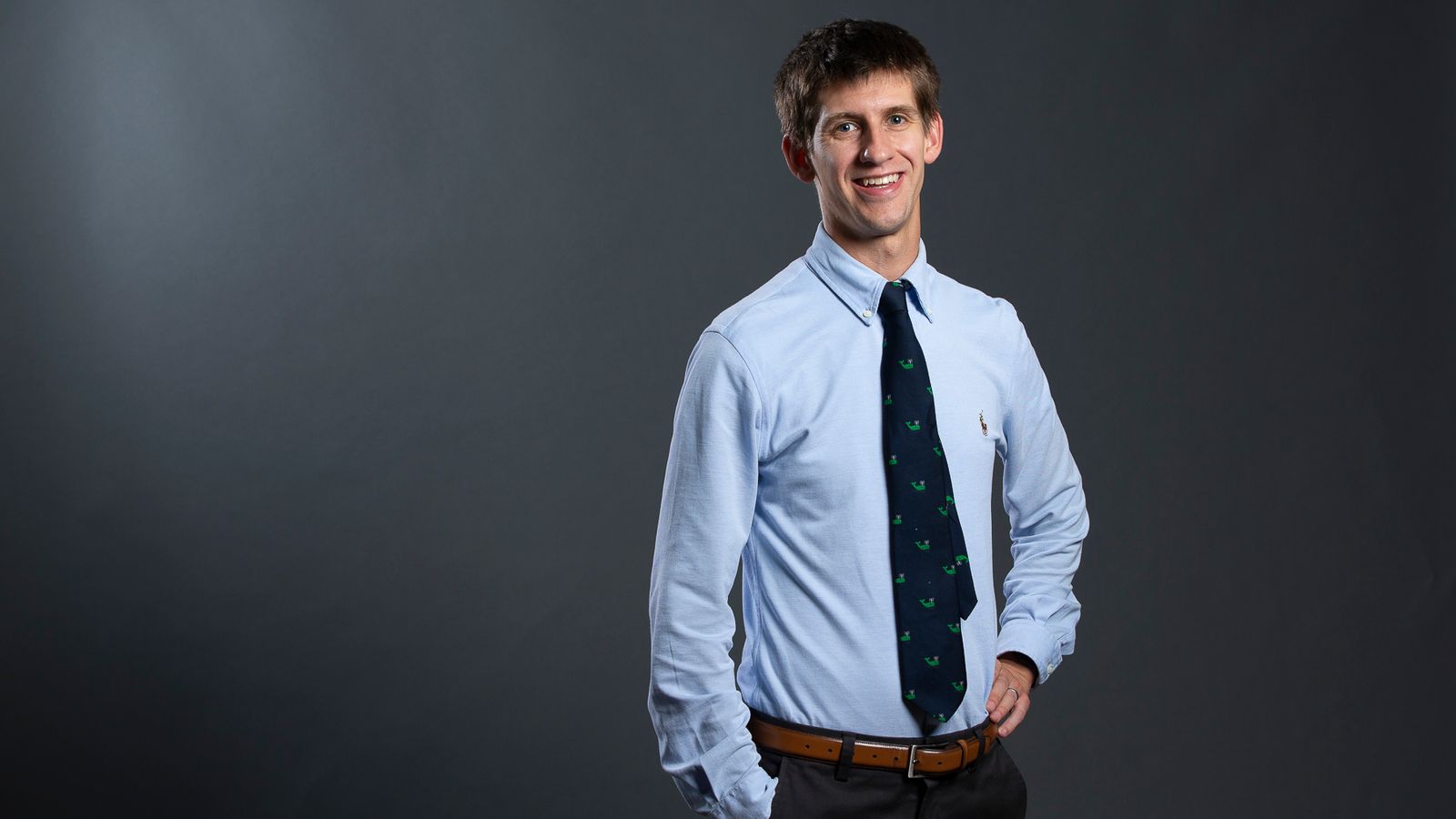The Brink: Prof. Byrne & Colleague Argue Against Punitive Measures for People Experiencing Homelessness in Supreme Court Case

Despite evidence that punishing people sleeping outside is less effective at decreasing homelessness than solutions focused on housing, many local governments continue to rely on punitive measures. On April 22nd, the Supreme Court will hear the case City of Grants Pass, Oregon v. Gloria Johnson, which will determine if cities should be allowed to ticket or jail people for sleeping outside, even if there is nowhere else for them to go. Prof. Thomas Byrne from BU School of Social Work and Molly Richard from the BU Center for Innovation in Social Science wrote an expert take for The Brink explaining the case, why the Supreme Court should rule in favor of Gloria Johnson, and what other advocates can do to make an impact.
Excerpt from “Should People Be Fined for Sleeping Outside?” by Molly Richard & Thomas Byrne, originally published in the Brink:
 Cities need real solutions. Our colleagues at Boston University have shown that mayors feel accountable to address the issue of homelessness, yet lack the tools to do so. But it’s hard to see how allowing cities to criminalize homelessness will do anything to improve the structural conditions that are the real drivers of homelessness. Instead, communities should pursue solutions that prioritize the one thing that has consistently proven to be effective at addressing homelessness: housing.
Cities need real solutions. Our colleagues at Boston University have shown that mayors feel accountable to address the issue of homelessness, yet lack the tools to do so. But it’s hard to see how allowing cities to criminalize homelessness will do anything to improve the structural conditions that are the real drivers of homelessness. Instead, communities should pursue solutions that prioritize the one thing that has consistently proven to be effective at addressing homelessness: housing.
More concretely, we know that policies and programs that provide permanent, subsidized housing or shorter-term financial assistance can help people exit homelessness and keep them housed. And we know that, at scale, such strategies can lead to real progress in ending homelessness. Indeed, the US Department of Veterans Affairs has invested heavily in housing-led solutions to homelessness, resulting in a 52 percent decrease in veteran homelessness between 2009 and 2023.”